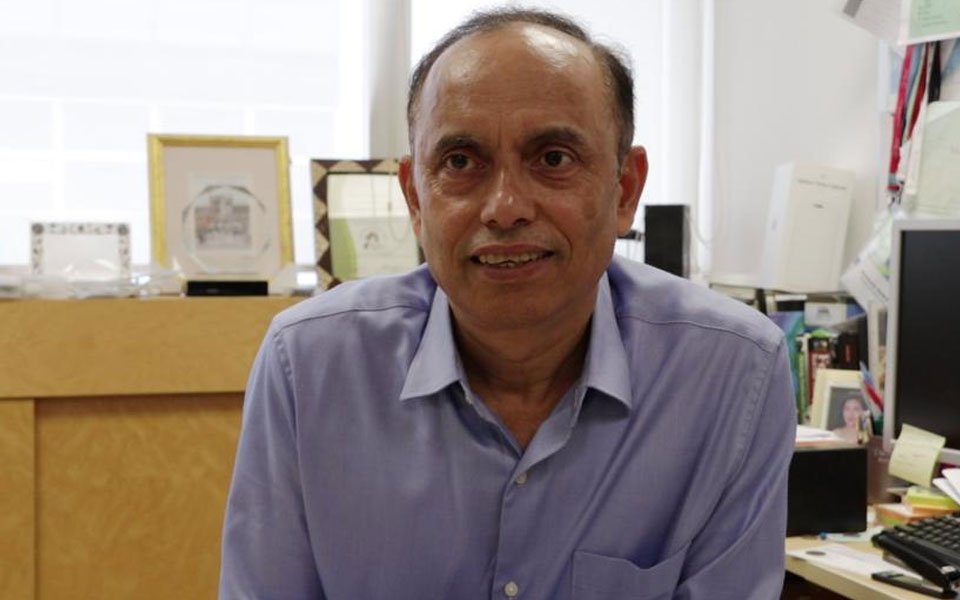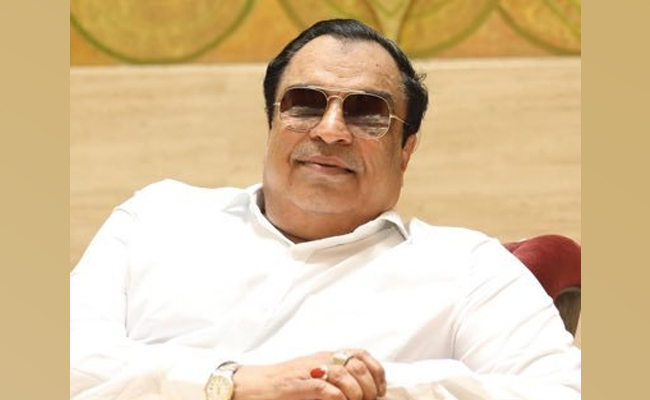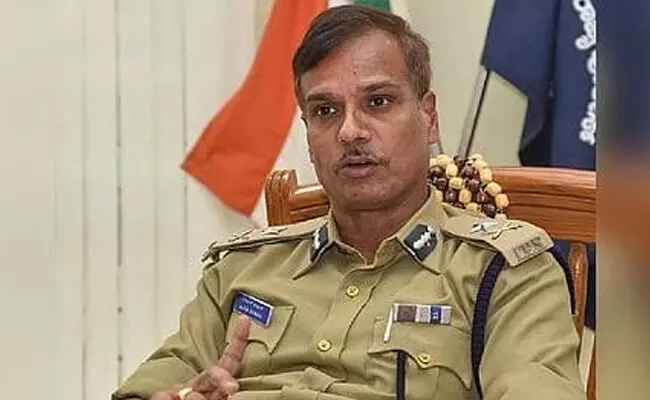Bengaluru, July 6 : In a first, India-born geophysicist Paramesh Banerjee is among the four shortlisted to head the Institute of Geophysics, a top scientific organisation of China's Earthquake Administration (CEA). The other three candidates are Chinese.
"Final result is not out yet, but will feel proud to be the first Indian in that position," Banerjee, currently technical director of the Earth Observatory of Singapore (EOS) at Nanyang Technical University (NTU), told this correspondent in an email.
"That's great news," Vineet Gahalaut, director of the National Centre for Seismology in New Delhi, told IANS.
"Paramesh was one amongst the few who initiated GPS measurements in India and, during the 2004 Sumatra-Andaman earthquake, he was the one who proposed that the giant earthquakes could cause deformation at distances as far as 2,500 km away which could be captured by the GPS."
Banerjee, who in 2017 was elected president of the Asian Seismological Commission (ASC), "has made tremendous impact in a short time", added Harsh Gupta, renowned seismologist and former secretary of what is now the Ministry of Earth Sciences.
Developing an earthquake resilient society is of utmost importance for the Asian region where almost 80 per cent of fatalities due to earthquakes occur, Gupta said.
"It is hoped that under the leadership of Paramesh Banerjee, if selected, such problems would be addressed."
An alumnus of the Indian School of Mines in Dhanbad, Banerjee worked at the University of California, Berkeley, he US and at the Wadia Institute of Himalayan Geology in Dehradun before joining Singapore's NTU in 2009.
Recipient of the Indian Geosciences Award in 2009 for his work on Himalayan tectonics, Banerjee, as technical director of EOS, has been responsible for establishing a vast network of geodetic and seismological instrumentation networks in seven Asian countries.
Asia, being the most vulnerable continent in the entire world, is also the least prepared to manage earthquake related disasters, Banerjee told IANS and pointed out that "lack of scientific and technological capacity is a major hindrance to properly orient government policies towards a better disaster mitigation plan".
During the ASC's General Assembly meeting held last May at Chengdu in China, Banerjee outlined a "Practical Approach Towards Safeguarding Asian Society from Earthquake related Hazards".
He said that resources from Asian countries can be combined to create a Pan-Asian centre which will serve as a hub for technology transfer, seismological and geodetic data processing centre.
"It will also carry out advanced geophysical projects like earthquake early-warning system, seismic monitoring network, airborne and other geophysical surveys for active fault mapping and subsurface investigations."
Banerjee, who has a commercial pilot license, flew over Nepal after the 2015 earthquake to construct a 3-D digital terrain map of the Himalayan faults.
"My main objective is to build a common platform that can help promote cooperation among Asian nations in seismic research to better tackle earthquake related disasters," he said.
Let the Truth be known. If you read VB and like VB, please be a VB Supporter and Help us deliver the Truth to one and all.
Kalaburagi: Two years after being expelled from the Janata Dal (Secular), former minister C.M. Ibrahim has announced that he will launch a new regional political party in Karnataka on January 24, reported Deccan Herald.
Speaking at a meeting organised by the Nava Karnataka Nirmana Andolana in Kalaburagi on Sunday, Ibrahim confirmed the birth of the new party.
The 77-year-old politician stated he would soon be meeting with other like-minded individuals to choose a symbol for the party.
ALSO READ: Veteran Congress leader Shamanuru Shivashankarappa laid to rest with full state honours
Ibrahim emphasised that the organisation would be guided by the principles of 12th-century social reformer Basavanna and the architect of the Indian Constitution, Dr. B. R. Ambedkar.
A veteran politician, Ibrahim served as Union Civil Aviation Minister during the tenure of H.D. Deve Gowda as Prime Minister and later headed the Karnataka unit of the Janata Dal (Secular). He was expelled from the JD(S) in 2023 on charges of anti-party activities.
His exit from the party followed sharp differences over the JD(S) decision to ally with the Bharatiya Janata Party (BJP). As the then state president of the JD(S), Ibrahim had publicly criticised the alliance, claiming it was finalised without his knowledge. He had also reportedly convened meetings of his supporters and expressed support for the INDIA bloc.





